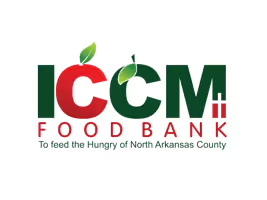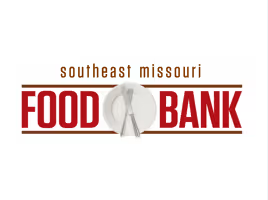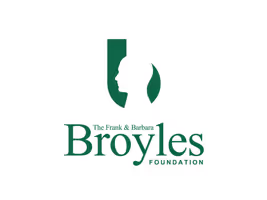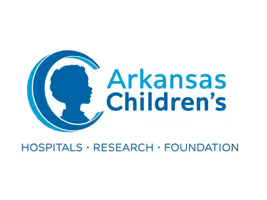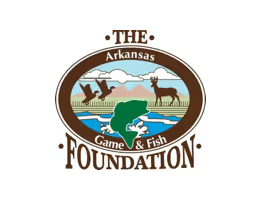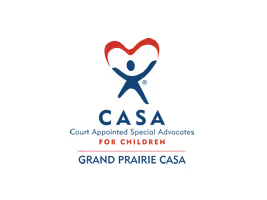
We care for both the rice and the land by utilizing the latest research and technology to assist growers with sustainable practices. And by putting care into everything we do, you get quality in everything we serve.*
With a co-op structure, our farmers are our owners. That means when you buy Riceland rice, you’re feeding more than just your family. You’re feeding more than 5,000 farmers and their families, too.*
Riceland is our land. Each grain is proudly grown in the rich soils of the United States. It’s then shipped to the heartland to be stored and milled at our locations in Missouri and Arkansas.*
Riceland rice is anything but filler food. It’s Non-GMO Project Verified, gluten free, and a good source of many vitamins and minerals you need.*
RICELAND CARES ABOUT HUNGER INSECURITY
DID YOU KNOW?


FOOD SECURITY
IN THE UNITED STATES


134,690 Arkansas children are at risk for hunger.
People facing hunger in Arkansas are estimated to report needing $262,358,000 more per year to meet their food needs.

The Programs We Support
GRANT ELIGIBILITY
To be considered for a Riceland Foods Foundation grant, the applicant must:
- Be a publicly supported, private or non-profit organization having tax-exempt status under Section 501(c)(3) of the Internal Revenue Code,
- Serve a documented need in the rice farming community,
- Have a successful record of achievement, and
- Complete a grant application form.
INELIGIBLE GRANT REQUESTS
Grants will not be awarded to:
- Individuals or families regardless of need or projects to benefit specific individuals,
- Projects or programs where a Riceland Foundation grant cannot make a significant contribution to success,
- Churches, religious or political organizations, programs or projects, and
- Groups conducting contests or pageants, selling meal or raffle tickets or similar fundraising activities.
SELECTION CRITERIA
The Foundation awards a limited number of grants to new projects each year. The total value of grants awarded annually is a fraction of the total amount of funds requested through grant applications. Therefore, the Foundation must be extremely selective when considering grant requests.
Denial of grant requests should not be interpreted as a negative evaluation of an organization’s or project’s usefulness, impact or potential for success. By necessity, most funding requests are denied due to limited available funds.
The awarding of a Foundation grant for a specific project does not assure that grants for the project will be awarded in subsequent years.
SUBMITTED MATERIALS
All materials submitted as or with a grant request becomes property of the Foundation and will not be returned to the applicant. The Foundation reserves the right to change or terminate its grant application and approval process at any time.
NOTIFICATION
Grant applicants will be notified in writing regarding the decision of the Foundation board. Board decisions are considered final.
DEADLINES
The Riceland Foundation board of directors meets to consider grant requests annually in the summer. To be considered, completed grant application forms must be received no later than June 1. Requests not meeting the deadline may be considered on a case-by-case basis.
REFERENCES TO CONTRIBUTIONS
Any reference to grant contributions should be made to the Riceland Foods Foundation instead of Riceland Foods, Inc.
FOUNDATION CONTACTS
All inquiries and requests for grant application forms and completed forms should be directed to the Foundation administrative assistant at: Riceland Foods Foundation
Attn: Penni Madsen
P.O. Box 927
Stuttgart, AR 72160
Phone: 870-673-5354
Email: pamadsen@riceland.com
SCHOLARSHIP APPLICATION
SCHOLARSHIP DETAILS
Applicants must meet the following criteria to be eligible for a scholarship:
- The applicant must have an immediate relative (Guardian, Mother, Father, Grandparent, Sibling) who is a Riceland employee (any location) or Riceland member (Farmer or Landowner).
- Applicant must be attending or has been accepted to a attend a university, college, or two-year program or trade school in Arkansas or Missouri.
- Applicants must submit 100-150 words on how Riceland Foods and/or agriculture has impacted their life and describe how this scholarship opportunity could contribute to their future career.
- Complete and submit the application form below.
SELECTION CRITERIA
The Foundation will be awarding scholarships for students seeking a 2- or 4-year degree and scholarships for students enrolled in a trade school.
The application window is open for 2026.
This scholarship opportunity is reserved for family members of Riceland farmer-members and employees.
SUBMITTED MATERIALS
All materials submitted as or with a grant request becomes property of the Foundation and will not be returned to the applicant. The Foundation reserves the right to change or terminate its grant application and approval process at any time.
NOTIFICATION
Scholarship recipients will be notified in 2026 based on the decision of the Foundation board. Board decisions are considered final.
RICELAND COOPERATIVE
RESPONSIBILITY
SURVEY





IN-HOUSE





Riceland farmer-members are the men and women who plant the seed, nurture their crops and harvest the grain. They are independent decision makers who best understand the unique production characteristics of each field on their farms. Over the past 35 years, U.S. rice farmers have made tremendous strides to achieve success in reducing their impact on the environment. According to Field to Market’s 2016 National Indicators Report, (per hundred pounds of rice produced) U.S. rice farmers have:
- Increased Land Use Efficiency by 39%
- Decreased Water Use by 52%
- Decreased Energy Use by 34%
- Decreased Greenhouse Gas Emissions by 41%
- Decreased Soil Loss by 28%
Each year, millions of waterfowl migrate South in search of new food and resting grounds. The Mississippi Flyway, the largest and most used flyway in North America, follows the Mississippi River South and goes straight through the heart of Riceland’s footprint. Because harvested rice fields provide the perfect environment for migrating waterfowl, Riceland farmers flood their fields to provide habitat and food for the millions of birds traveling through.
With rice playing such a vital role in the wellbeing of ducks and other migratory birds, the USA Rice Federation and Ducks Unlimited partnered together to create the Rice Stewardship Partnership to work with both public and private sectors in order to ensure the future of working rice lands. Since its inception in 2014, Riceland has been a proud supporter of the Rice Stewardship Partnership and continues to support rice farmers on their conservation journey.
Before rice can be consumed, we remove the outer husk of each kernel. By burning those rice hulls in our co-generation facility, we have replaced more than 17 percent of our electricity and about 14 percent of our natural gas with renewable energy.
The Riceland family includes more than 1,500 employees who receive, dry, store, transport, process, package and market rice across the United States and to more than 50 foreign destinations. The Riceland Training and Education Center offers professional development and enhanced job skills to employees.

